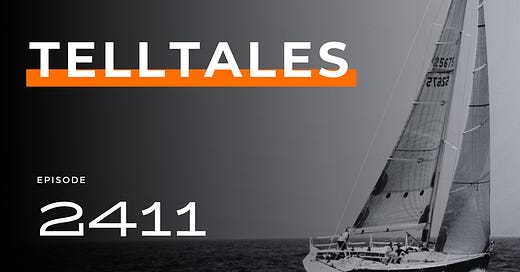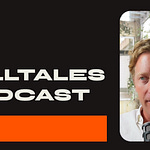The Cashflow Memo
This week’s episode draws fascinating parallels between investing in the energy and biotech sectors. It starts by analyzing the global oil supply and demand balance, highlighting Saudi Arabia's outsized influence due to its excess production capacity of 3-4 million barrels per day [00:02:25]. This sets the stage for examining how geopolitical factors, such as Saudi Arabia's decisions, can trigger significant price swings in the oil markets. The hosts note that if Saudi Arabia decided to produce the additional 3 million barrels, oil prices could drop at least 20% to below $60 per barrel [00:03:38].
Shifting gears, the discussion then scrutinizes the U.S. natural gas market, noting the potential for well shut-ins in the Marcellus region later this year due to storage constraints [00:05:31]. Gas prices could drop under $1 in the Marcellus [00:06:54].
The discussion then pivots to comparing the business models and investment merits of biotech companies like Moderna, BioNTech, Vertex, and Lantheus [00:10:49]. Key factors influencing their appeal include drug pipeline, R&D productivity, cash flows, and balance sheet strength. Parallels are drawn between investing in biotech and energy companies - a blockbuster drug platform is akin to having a large oil or gas reserve that can be tapped for years. But getting there requires early success and skillful capital allocation [00:12:22].
The hosts dive deeper into the financials, noting that while Moderna and BioNTech had tremendous COVID-related cash flows, that has largely dried up, whereas Vertex and Lantheus are able to fund R&D from ongoing free cash flows [00:18:16]. Vertex's success in continuously innovating to treat cystic fibrosis is compared to an energy company replacing reserves - their "drug platform" is a huge reserve they can tap for years to come [00:24:49].
Finally, the conversation touches on the challenges and long timelines associated with in vivo gene editing (directly in the body) vs ex vivo (outside the body). Safety concerns around off-target edits and potential to cause cancers means that in vivo treatments have a low probability of reaching the market in the next 3-5 years [00:28:31].
How did you like this week’s Telltales? Your feedback helps me make this great.
Loved | Great | Good | Meh | Bad | ….. If you liked this post from Telltales, why not share it?
This post and the information herein are intended for informational purposes only. The views expressed herein are the author’s alone and do not constitute an offer to sell, or a recommendation to purchase, or a solicitation of an offer to buy, any security, nor a recommendation for any investment product or service. While certain information contained herein has been obtained from sources believed to be reliable, neither the author nor any of his employers or their affiliates have independently verified this information, and its accuracy and completeness cannot be guaranteed. Accordingly, no representation or warranty, express or implied, is made as to, and no reliance should be placed on, the fairness, accuracy, timeliness or completeness of this information. The author and all employers and their affiliated persons assume no liability for this information and no obligation to update the information or analysis contained herein in the future.












Share this post